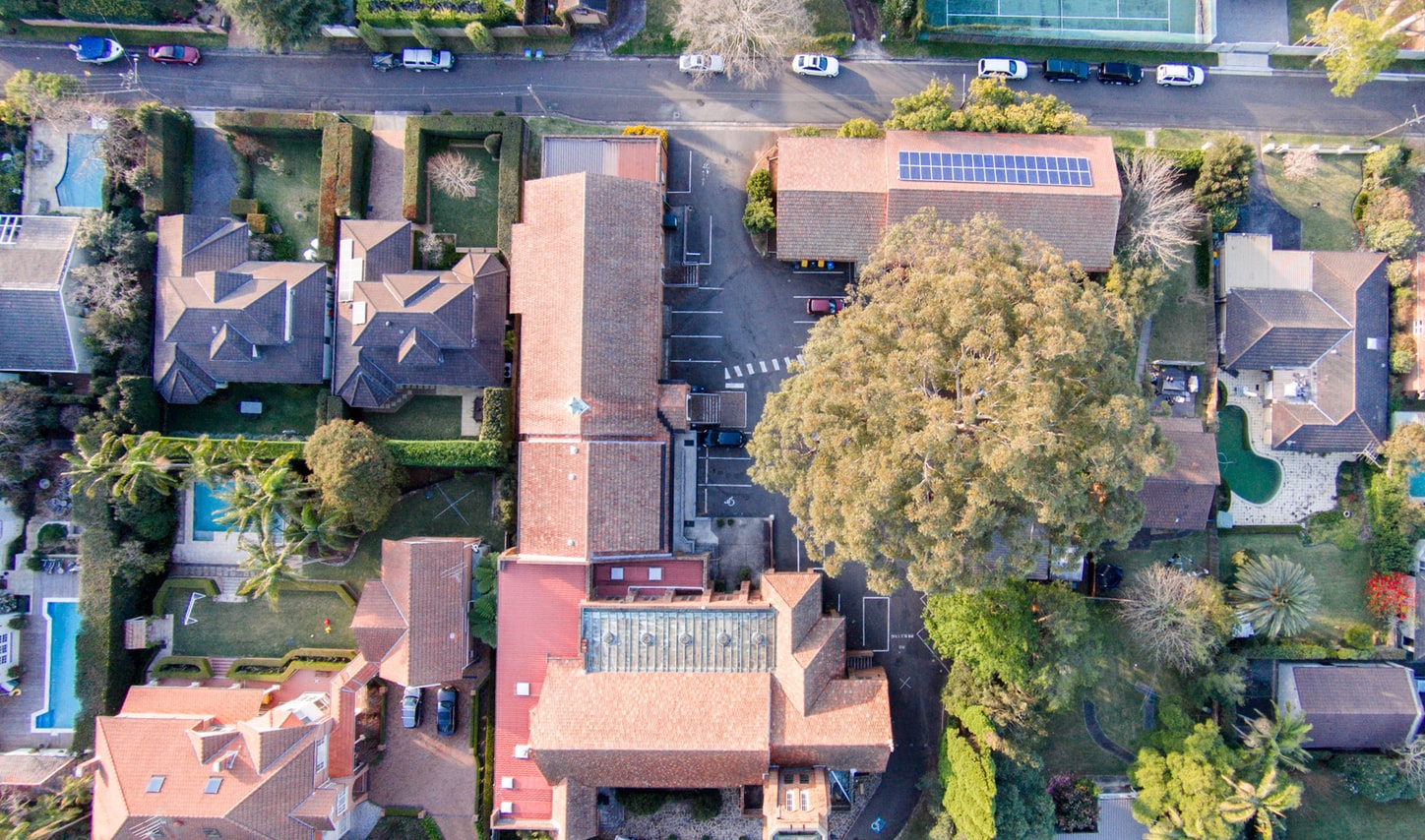
Prominent Victorian business groups among other stakeholders are encouraging the Victorian government to follow New South Wales in overhauling the state stamp duty system to instead give first time property owners the option to pay land tax instead. From January 2023, NSW first home buyers of property up to $1.5 million will have the option to pay annual land tax as an alternative to stamp duty. Existing concession and exemptions will continue to apply, with first-time purchasers of new or existing homes valued under $650k continuing to be exempt from stamp duty, and concessions being applicable to new or existing homes between $650k-800k and land between $350k-450k.
In practice, the change will likely be of most benefit to first-home buyers of properties over $650k who aspire to purchase a more expensive home in a few years’ time. In this scenario, it may be beneficial to opt in to paying annual land tax rather than stamp duty. On the other hand, a first-home buyer of property over $650k who intends to remain in the property for the long term, may find it more cost effective to pay the one-off stamp duty rather than ongoing land tax.
Notably, in the ratified version of the amending bill, where a purchaser has opted into paying land tax this choice will not stay with the property. In other words, subsequent purchasers will not be locked into paying ongoing land tax. Where a subsequent purchaser is not a first home buyer, stamp duty will automatically apply. If a new first home buyer purchases the property, they will be given the choice whether to pay stamp duty or opt-in to annual land tax. At the time of writing the choice between stamp duty and land tax is only being offered to first home buyers, although the NSW premier has previously voiced aspirations for the option to be available to homeowners in general. As it stands, the
The scheme is a response to the proposition that homeowners may feel “locked in” to a property that represents such a considerable upfront investment, with the lump sum of stamp duty representing yet another hurdle to entry to the property market on top of saving for a deposit. CoreLogic has reported that housing turnover in 2022 has reached the highest rate since 2009. According to a survey conducted by the RBA, 22% of homeowners cited wanting a larger or better place as their reason for moving.
The NSW state opposition have levied criticism that rather than a means to remove a financial barrier to home ownership, the scheme is premised on an assumption that ownership of property is transitory. For those that opt-in the land tax, for every year that the home is occupied the financial benefit in avoiding stamp duty is lessened and at a certain point will eventually become detrimental. Homeowners who benefit from avoiding stamp duty may quickly find that the benefit has an expiry date, and so realistically must make the choice whether to bear the brunt of stamp duty upfront or avoid that barrier and consequently face the prospect of an ongoing additional annual tax that over time may add up to a greater out of pocket cost. Or, as shadow treasurer Daniel Mookhey has described it, “[charging] families an annual land tax on their family home that will last forever.”
On the other hand, the NSW premier’s aspiration to abolish stamp duty is not without just cause, with stamp duty being described by political science professor Dominic O’Sullivan as “an extraordinarily bad tax which goes against basic taxation principles”, one that directly impacts the choices made by home owners as to where they are going to live, how quickly prospective home owners can get onto the property ladder, the kind of property being bought, and what choices people may make when it comes to upsizing or downsizing.
As it is, the scheme is most likely to be of benefit to those with the luxury of seeing their first home as a rung on the property ladder at large, with the intention to move on quickly to bigger and better things. It does not do a great deal to serve those struggling to purchase a home with the intention of living there for a long time, for example to raise a family, beyond removing some of the upfront costs and getting purchasers into homes sooner.




